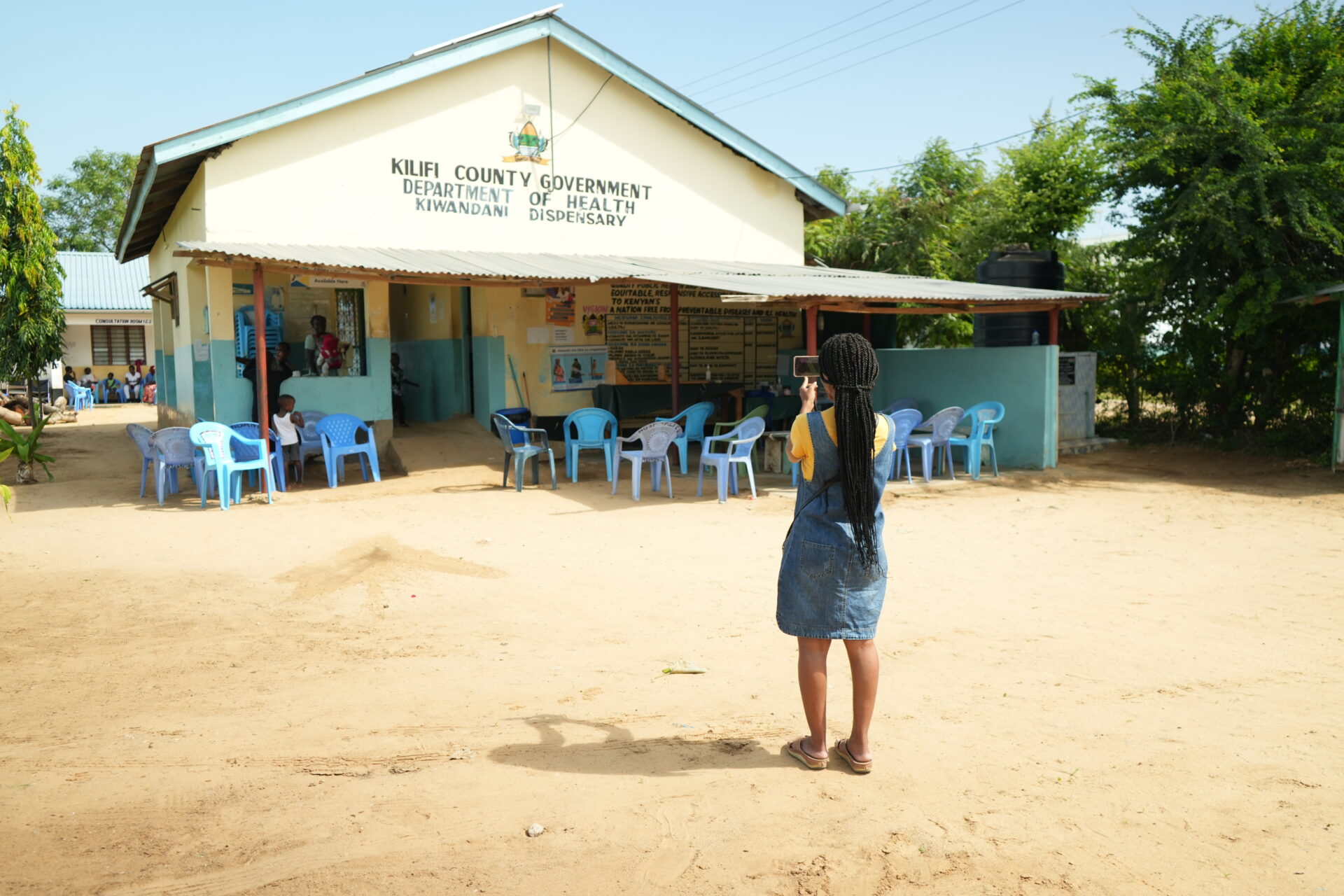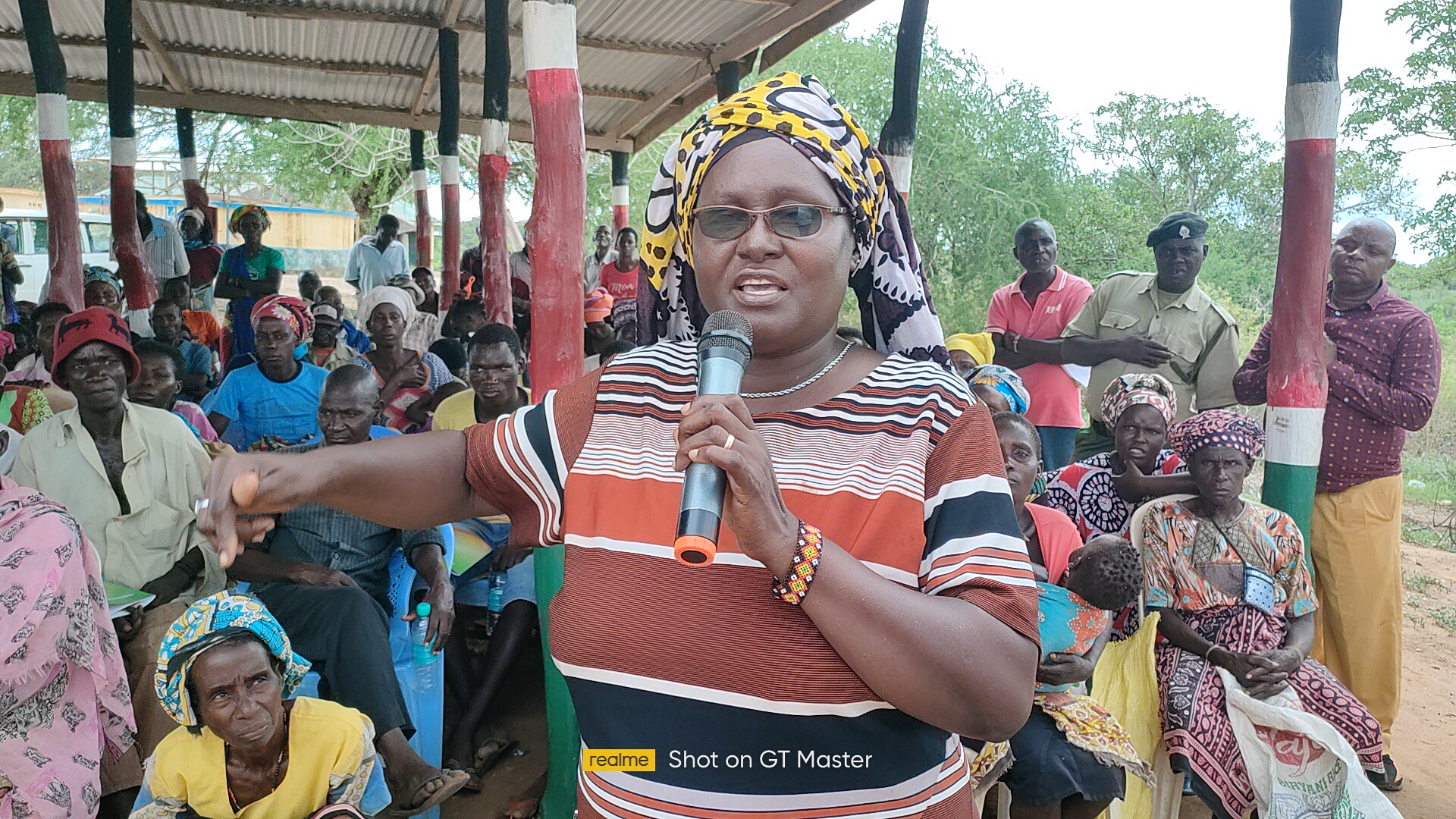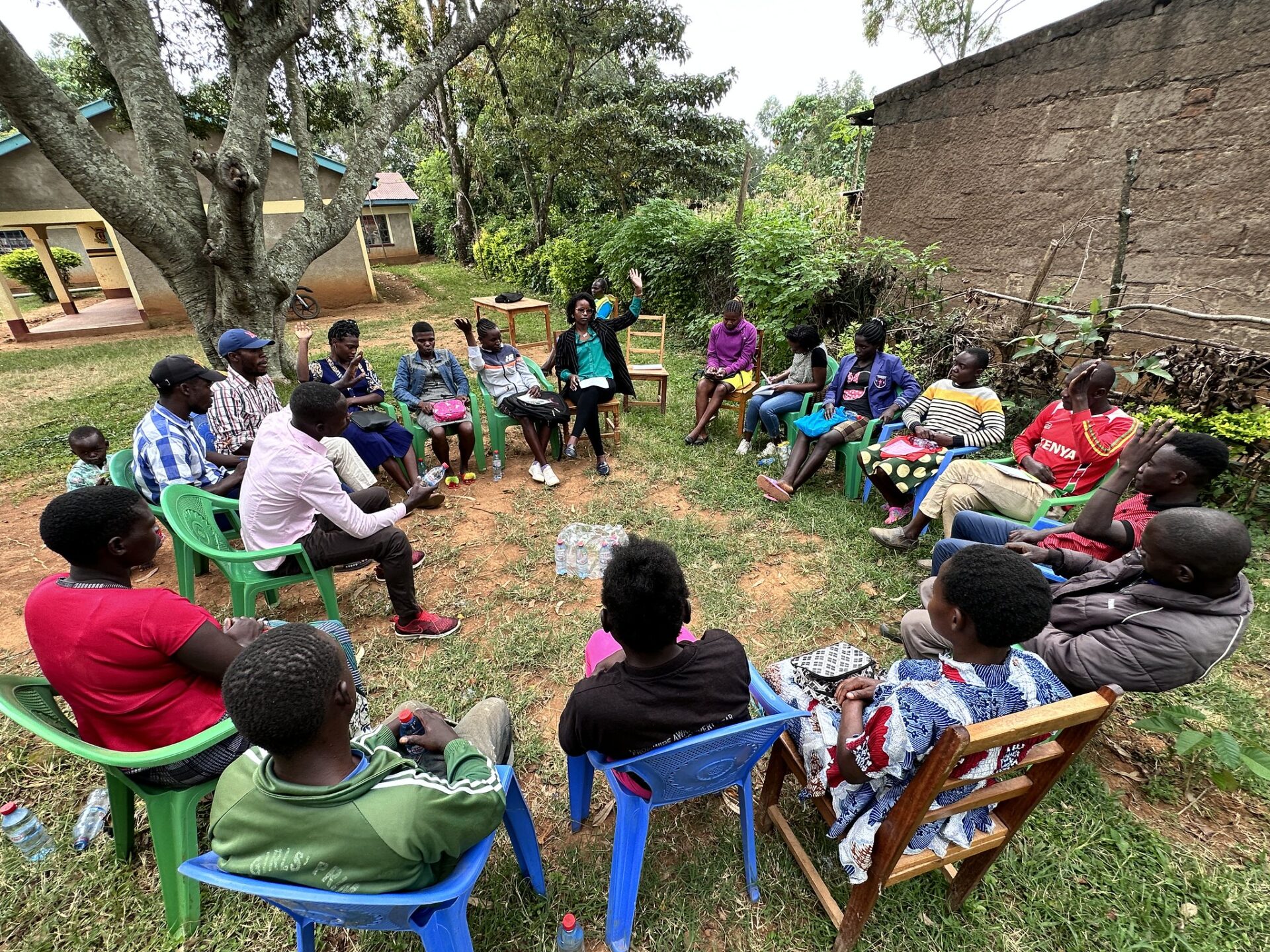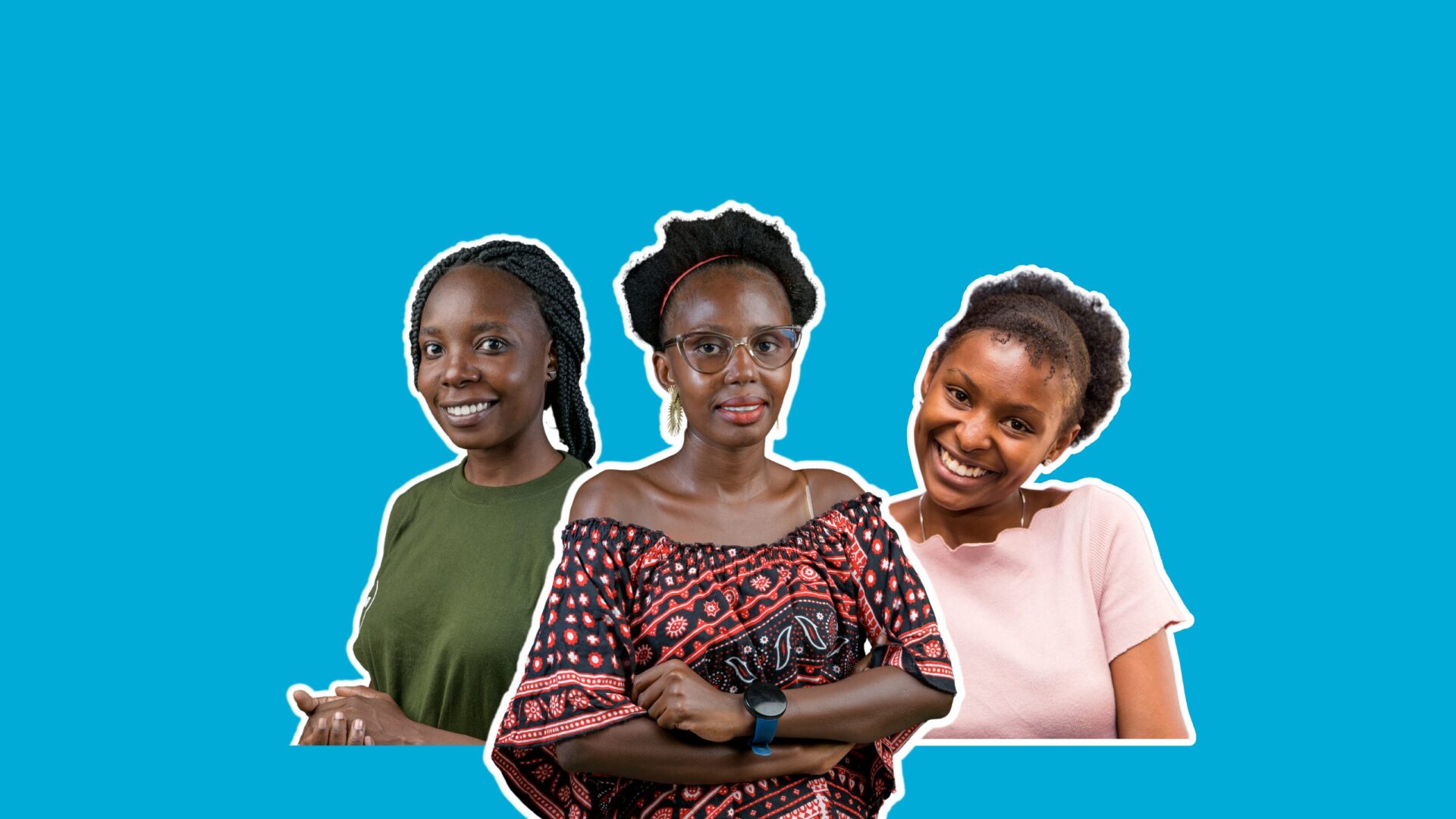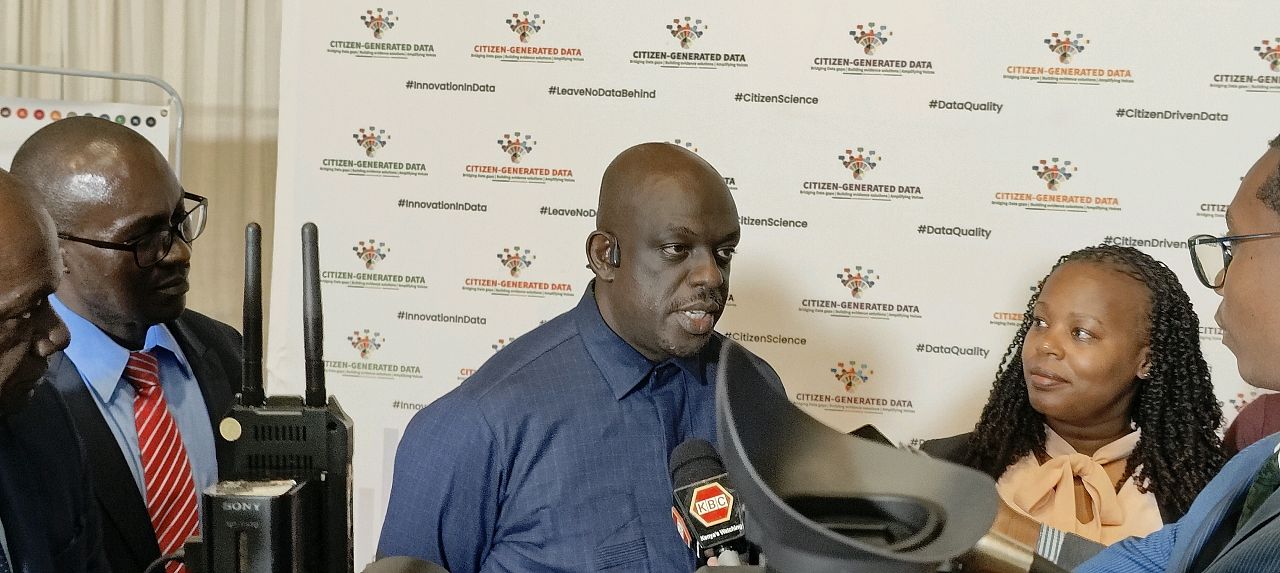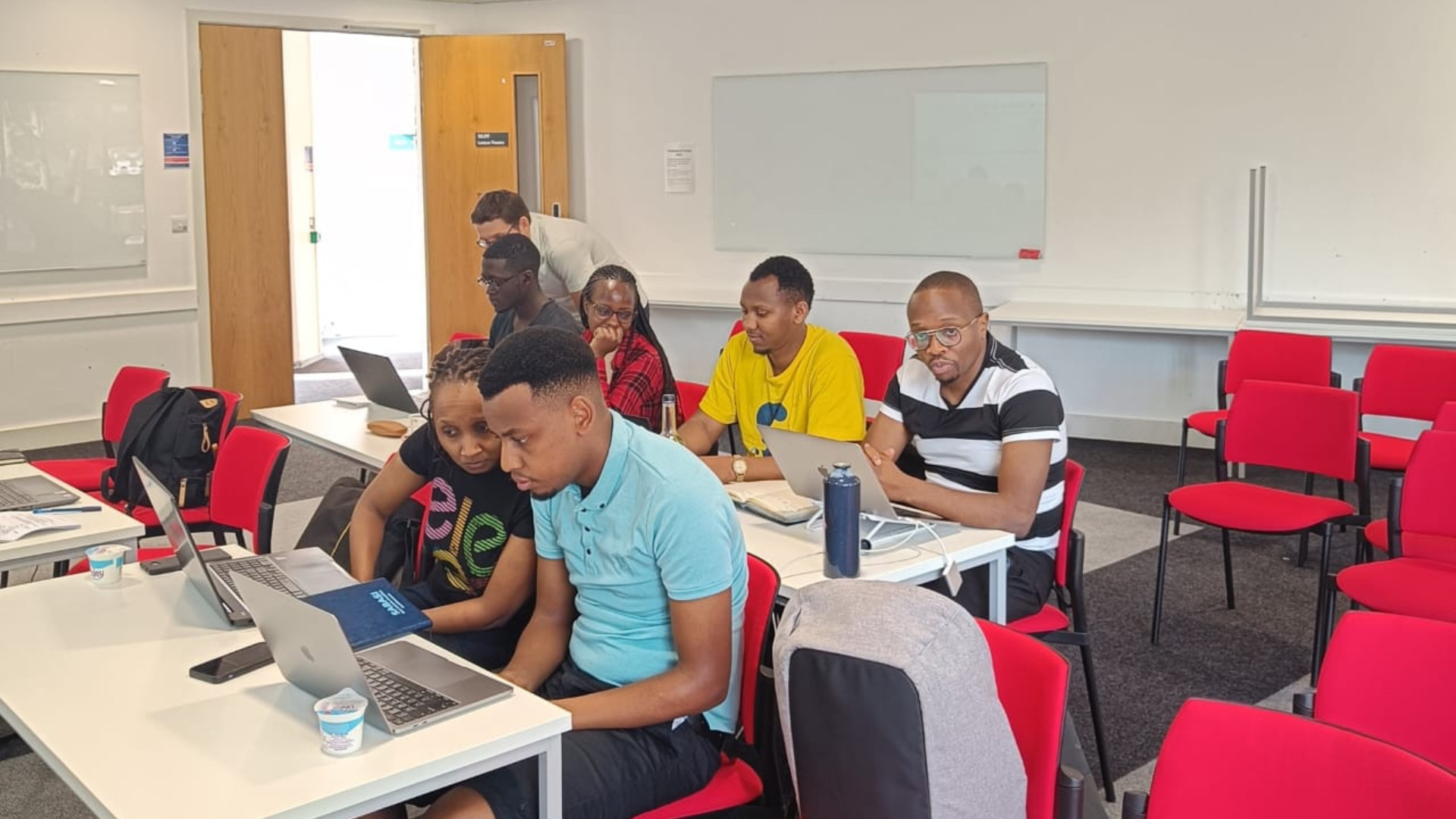SPEECH BY MS. ANNE WAIGURU, OGW, CABINET SECRETARY, MINISTRY OF DEVOLUTION AND PLANNING, DURING THE BUNTWANI CONFERENCE ON 7TH OCTOBER 2014 AT THE KENYA SCHOOL OF GOVERNMENT, NAIROBI.
Vice President, Africa TechSoup Group;
Founders, Open Institute;
Members of Advisory Group;
Senior Government Official;
Distinguished Guests;
Ladies and Gentlemen,
It gives me great pleasure to be here today, to mar the beginning of this important conference, Buntwani 2014, whose theme is ‘The Potential of ICT in Strengthening Citizen Engagement and Participation’.
To begin with, I want to commend the TechSoup Global and the Open Institute for recognizing the importance and potential of Information Communication Technology (ICT) in improving the participation and engagement of citizens in public decision making, and the need for all of us to appreciate the impact of ICT in addressing citizen engagement and service delivery challenges.
More importantly, I have taken note that the organizers of this conference have identified this important opportunity, during this critical constitutional transition period, to bring together senior government officials from both levels of government, civil society organizations, the private sector, media and other key stakeholders to share knowledge and information relating to adoption of ICT in service delivery to Mwananchi.
Ladies and Gentlemen,
Public participation and information access is not a mere formality. The Constitution of enya 2010 affirms the right of citizens to information as well as engagement and participation in public matters. Increasing citizen engagement in the development processes has the potential to make a positive contribution towards improving governance in Kenya. I am happy that, in this conference, plans and policies that have been developed to support ICT adoption in both levels of government will, that is national and County, be assessed and best practices highlighted for adoption.
We find ourselves at a historical moment that provides opportunity for the Kenyan take-off when more that ever information is needed to make the new development agenda a reality. These include changes in the system of government, to the levels of representation, inclusion of previously marginalized groups, and the creation of independent institutions to safeguard constitutionalism and especially devolution creates the need for collection, collation transmission and sharing of information a necessary imperative for real time decision making and efficient and effective service delivery. In all these processes, citizens as the principal stakeholder have to play a critical role and hence the need for their continued engagement and participation must be ensured.
The case for devolution in practice brings public services closer to the people. it also creates more opportunities for them to participate actively in the decision-making processes of local policies that generally affect them more than those centrally decided. This participation in turn contributes to improved ownership, accountability and transparency, due to the fact that people can scrutinize and direct with policies they helped to craft.
The services are also delivered more speedily than in the case of centralized administration, since devolution reduces the often lengthy bureaucratic procedures for decision making and implementation. Indeed through devolution, services become more responsive, and are tailored for different needs of different localities. At the end of the day the limited public resources are more efficiently and effectively utilized.
For all this to to be realized, Ladies and gentlemen, we need to position ICT at the centre of everything, and I am happy this conference could not have come at a better time.
Why is this the case? the world is now changing at a faster rate than at any other time in our history. new technologies are emerging faster than we can get used to the existing ones. Social transformations are re-defining and altering traditions and values. Knowledge management, internet and mobile telephony has revolutionized how we socialize and do business. Kenyans, and especially the young, believe that their future is now and it is no longer business-as-usual.
ICT has brought fundamental changes at national and local levels and which have considerable impacts on how we plan, harness and develop ourselves. Technological changes have seen the emergence of new occupations, new gender roles, with gender parity, and increasingly better information availability to make decisions.
Ladies and Gentlemen,
Let me take this opportunity to inform you that the Government through the Second Medium Term Plan of the Kenya Vision 2030 has prioritized improving public service delivery using ICT. As an initial step, the government is in the process of enhancing the Kenya Open Data Initiative portal, to ensure that Ministries, departments and Agencies upload current and consistent information in a timely manner.
Through the e-Government directorate, the government aims at enabling citizens to access integrated public services via their phones, computers and personal digital assistants (PDA). The portal is also expected to enhance service delivery to eradicate graft loopholes.
The Jubilee Manifesto on the other hand has highlighted the need to intergrate ICT in education to familiarize young Kenyans with ICT as a learning tool. The Plan to provide primary school pupils with laptops to enable them access information. on a wider scale online, is indeed expected to have snowball effects on the spread of technology, internet and information availability to the whole country.
I have also observed that county governments have prioritized ICT as an operational area, while others have gone further and established media centers. These are important engagement platforms which should be strengthened in order to play the crucial role of improving accountability and transparency.
As part of ensuring current and consistent information for effective service delivery, several key e-government systems have been developed and are at different stages of implementation. These include the National Integrated Monitoring and Evaluation Systems (NIMES), e-Promise, National Integrated Education Information Management System (NIEIMS), and the National Integrated Land Management Information System (NILMIS). Other key initiatives include government shared services and INFMIS.
Ladies and Gentlemen,
As part of its coordination, the Ministry of Devolution and Planning is implementing the huduma Kenya Programme, which is an integrated Service Delivery strategy that takes on a ‘one-stop shop’ approach in the delivery of government services. The strategy seeks to enable citizens and customers access various public services and information from a single location and integrated service platforms, with great emphasis on timely and high quality in the delivery of services.
Since its inception, the programme has revolutionized service delivery, and has taken advantage of ICT to focus on, among others, Huduma Payment Gateway, call centers, mobile platform, web portal and the physical centers. As you can see, we are using ICT enabled processes to achieve this. we plan to cover all the 47 Counties in due course.
Ladies and Gentlemen,
As you are all aware, our primary development goal is to achieve broad-based, sustainable improvement in the standards of the quality of life for our citizens. The Public service is undergoing transformation because it plays an indispensable role in the effective delivery of public services that are key to the functioning of a state economy. When the delivery of services is constrained or becomes ineffective, it affects the quality of life of the people and nation’s development process.
Performance Contracting in the Public Sector is also a crucial element of the broader public sector reforms aimed at improving efficiency and effectiveness, while reducing total costs. To this end, the Ministry has developed performance contracting online tracking system to enable it get real-time feedback on the various government commitments to the citizenry.
The PC process has compelled government agencies to innovate, restructure extensively and to reengineer their operations in order to turn around and operate more efficiently and effectively in performing their mandates. For the period during which performance contracting process has been in operation, there is a clear evidence of improvement in delivery of services. We would would like these benefits to trickle down to the Counties.
Ladies and Gentlemen,
The government is aware that ICT offers the country the opportunity to ‘leapfrog’ several stages of the development and join the industrialized nations in the information age. The government is also aware that policies and policies and plans should be implemented in the way best adapted to the needs of those that they serve, and is committed to bottom-up approach in service delivery, where citizens participate in decision-making and in the selection of priorities to be pursued in their locals areas.
As you deliberate today on how to strengthen citizen engagement and participation through ICT, there is need to ensure that all citizens have appropriate mechanisms to communicate and participate effectively. Bear in mind that you need to seek broad and diverse involvement across all sections of the community, and not exclude citizens without access to ICT or those who face other barriers. Employing flexible and innovative ICT-enabled mechanisms will take into account citizens’ diversity of capability, location, and socio-economic circumstances.
It is my hope that at the end of this conference you will have agreed on consistent standards for communication when engaging with citizens, as this will build their confidence and trust in online engagements. As service providers and facilitators, we need to ensure clarity of understanding and transparency of engagement processes, explaining how the sought-information will be used in decision-making. Confidence and trust will only be built in a two-way and responsive process.
Ladies and gentlemen,
As I conclude, it is my hope that we remain committed to effective service delivery to all kenyans. It is my sincere hope that, through ICT-enabled mechanisms, a two-way and responsive process will be established as we move towards Kenya Vision 2030 aspirations.
This calls on all of us to adapt to the new way. It is a way of life that will address the need for continuous engagement. If we achieve this end, then there is no reason for Kenya not to have its envisaged transformational growth.
I thank you all.

